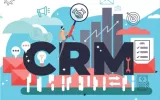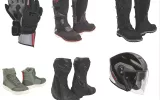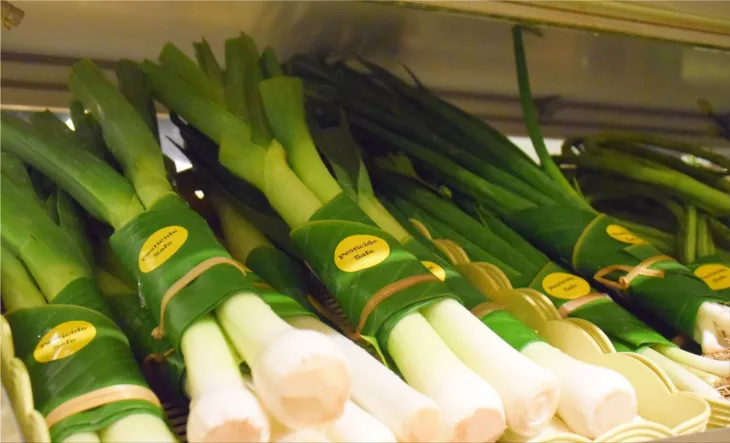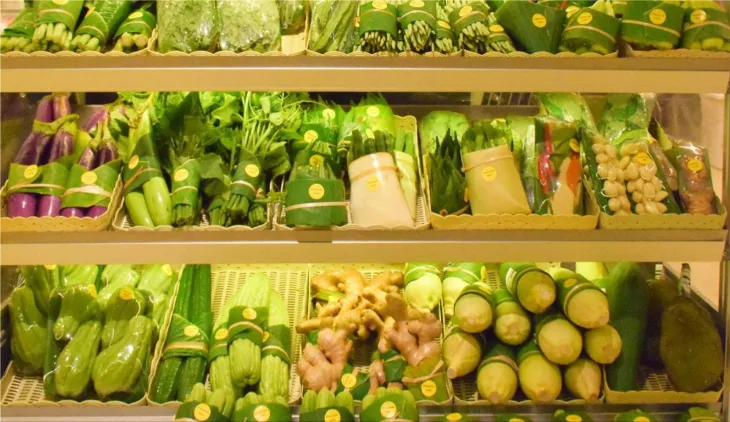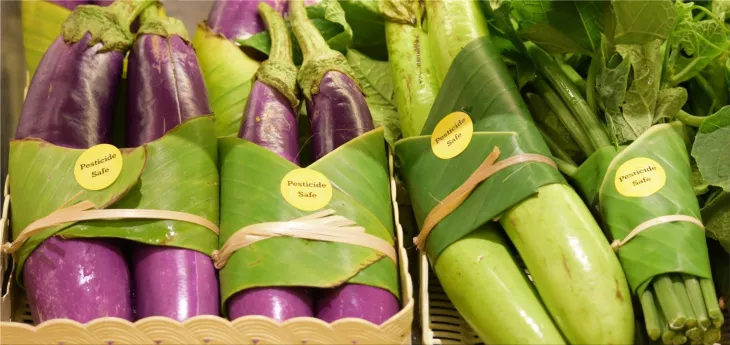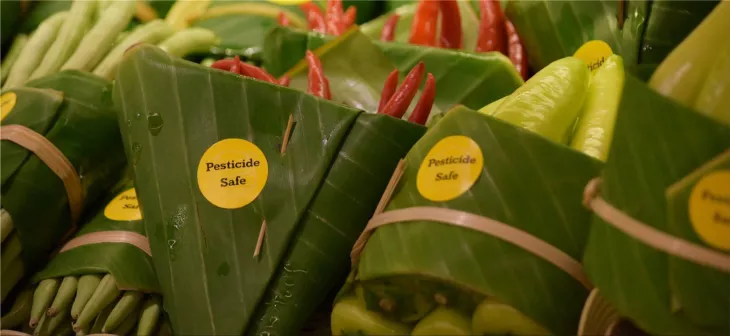Banana leaves as packaging may seem strange to many. For the Rimping supermarket in Chiangmai, Thailand, this is how they choose to make a difference in the excessive use of plastic in the world.
The Rimping supermarket wraps the banana leaves around the fruits or vegetables and ties them using a ribbon. Then, stick labels on the leaves that indicate the code and price of fruits or vegetables. In addition, they have a sticker that proclaims "Pesticide Safe" to ensure customers that fruits or vegetables are grown as safely as possible.
Street vendors in Thailand have been doing the exciting initiative to use banana leaves for decades, but now store managers are using this traditional method. While the idea seems quite simple, people, companies, and industries still prefer food wrapped entirely in plastic.
Unfortunately, the use of plastic is a real problem. Statistically, about 8 million cubic meters of plastic, PET, bags, containers, etc., every year enter the oceans. It's like unloading a garbage truck full of plastic into the water every minute.
Attention, the plastic bag in which you put your grocery shopping can decompose up to 1,000 years. In the United States, which represents only 4% of the global population, 280 million plastic bags are used daily.
Fortunately, there are at least ten countries and cities around the world that have made serious progress in the race against plastic, and the rest of us can only learn and apply:
1. As of August 2017, anyone in Kenya who uses produces or sells a plastic bag can receive up to 4 years in prison or a $38,000 fine
2. In 2017, the Pacific nation of Vanuatu permanently announced the start of phasing out of plastic bags and bottles.
3. In 2018, the U.K. announced a 25-year plan to set the global standards for disposing of plastic waste.
4. In 2020, Taiwan announced a restriction on using disposable plastic bags, straws, utensils and cups.
5. In 2017, Zimbabwe announced a total ban on expanded polystyrene, a styrofoam-type material used for food containers that take up to a million years to decompose.
6. The Canadian city of Montreal started in 2018 by banning single-use plastic bags.
7. In March 2018, the city of California voted to ban the sale, distribution and use of plastic bags.
8. Starting July 1 2020, Seattle will become the first city in the United States to ban plastic straws and disposable plastic conveniences.
9. South Australia, the Australian Capital Territory, Tasmania and the Northern Territory have state-level bans on plastic bags.
10. In 2016, France became the first country to announce a total ban on plastic cups, plates and cutlery.
11. New Delhi took an important step towards helping the planet when it banned all forms of disposable plastic in 2017.
12. When other countries worldwide began to consider imposing taxes on plastic bags, Rwanda banned them altogether.

